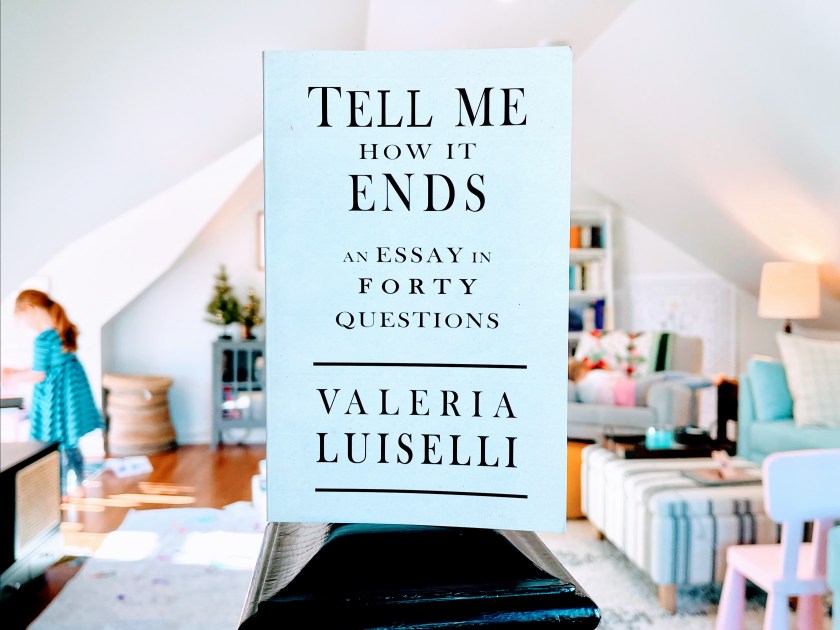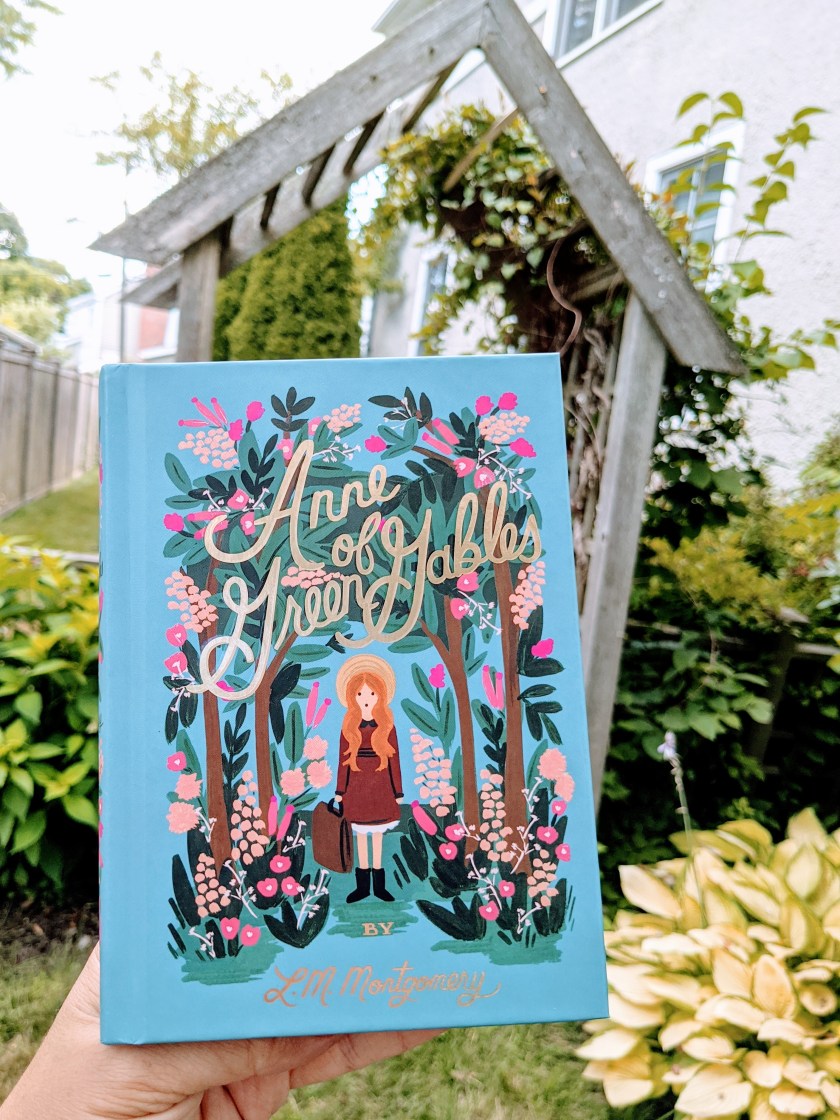How did we get here?? This year (disaster? reformation? apocalypse?) 2020 is finally coming to its end. And let’s hope whatever cloud has been hanging over us these last several months (4 years? 300 years?) starts to dissipate.
That being said, 2020 has taught us a lot. Many of us learned what we’re capable of, who we can lean on, what family means, who we are in this world and our roles as allies and citizens. It’s been a journey. Lots of conversations, revelations, and reading. And I like to think there are a lot of us out there better off, more aware, than when we started this year.
But let’s not stop there…
We’re seasonal readers at The Bookly Club. And this time of year we like to learn something new by looking outside our own world views to hear new voices. And this year we’ve chosen Valeria Luiselli’s Tell Me How It Ends: An Essay in Forty Questions.

Valeria Luiselli was born in Mexico City and spent her childhood in different countries around the world. She attended pre-university in India, and returned to Mexico City for university, after which she lived in Spain, then France, and eventually landed in New York City where she earned a PhD in Comparative Literature from Columbia.
And in Luiselli’s career as an author of five books she’s been the winner of two Los Angeles Times Book Prizes, an American Book Award, been nominated twice for the National Book Critics Circle Award and the Kirkus Prize, and has been a National Book Foundation “5 Under 35″ honoree.
Tell Me How It Ends was Luiselli’s fourth book. Published in April, 2017 it’s an essay in book form on the treatment of undocumented children in America. The idea took hold when Luiselli began working as an interpreter for immigrants in the New York City courts.
She was tasked with helping children complete an intake questionnaire. Their answers to the questions affected whether or not they were granted legal sanctuary. But Luiselli observed how the questionnaire failed to fit these children neatly into worthy or unworthy. In fact, there’s no such thing. And the questions posed to these refugee children only left Luiselli with more questions of her own.
“In the course of her work, Luiselli’s young daughter has heard about some of the children’s stories, and she repeatedly asks, as children do, ‘Tell me how it ends, Mamma.’ Luiselli has no answers for her. There are, as yet, no happy endings, but toward the end of the book she offers a small hint of promise.”
– Tell Me How It Ends Introduction
It seems like there’s not been a more significant time in our history to learn more about the immigrant experience in America. We’ve spent the last four years (and more) demonizing those who seek refuge on our shores. We’ve damaged so many lives, and our own futures in the process. We need to keep learning from these experiences and do better. And we hope you’ll learn with us.
Here’s how…
- Pick up a copy from where ever you get your books, and read along with us anytime between now and the end of January.
- Keep us posted on social using #booklymark and tagging @thebooklyclub
- And stay tuned for our discussion post on Instagram and/or our reviews here on the blog to share our thoughts!
Happy reading x













 The historical fiction debut novel
The historical fiction debut novel 

